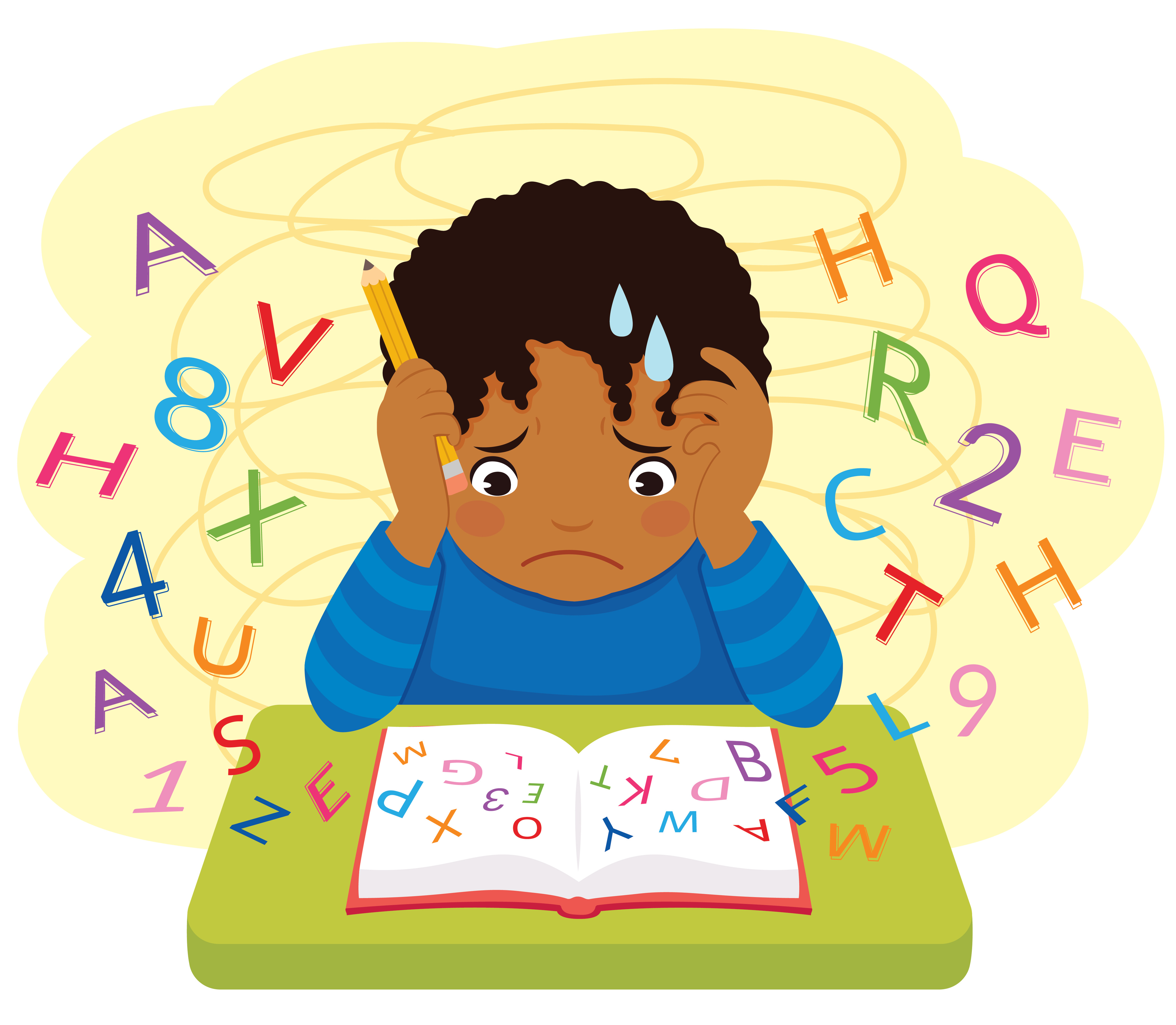Childhood Reading Problems - Toronto Assessments
Dr. O'Connor, a Toronto psychologist, offers school neuropsychological assessments to address childhood reading problems. Childhood reading problems, or what we also label as dyslexia, are of significant concern. Reading problems can interfere with a child’s ability to succeed academically across all subject areas and contribute to significant emotional stress and upset in the child. Reading problems inhibit the young person’s ability to learn and enhance his/her understanding and skill levels across a broad range of knowledge and information domains. Childhood reading problems also inhibit the young person’s ability to communicate with others - to share their ideas, thoughts, experiences and knowledge through the written word and access written information from others.

What is a Childhood Reading
Problem?
A childhood reading problem or dyslexia is a complex multifaceted neurodevelopmental disorder. Children who present with a reading disorder or dyslexia show poor ability to read words despite good effort and adequate opportunities and ability to learn. They show difficulty reading individual words which contributes to problems understanding what they read. They may show problems with phonological awareness, including word decoding problems, difficulties positioning sounds and breaking down and segmenting words. Or problems with orthographic processing skills such as remembering the visual-spatial template or sequence of the letters in a word. Some will show problems with visual perception and discrimination, and dealing with letters, their shape and direction. Or a combination of difficulties in these areas of functioning.
What Does Successful Word Reading Require?
Skilled Reading Requires:
- The ability to efficiently sound out new words (phonemic decoding).
- The ability to efficiently remember words (orthographic mapping)
Successful Word Reading Requires Three Types of Learning:
- Paired Associates Learning or associating two things so that the presence of one activates the other. This type of learning forms the foundation for learning letter names and sounds and requires the ability to associate a letter with its sound.
- Statistical Learning or the ability to learn and
assimilate the sub lexical regularities between printed and spoken language.
This type of learning supports phonemic decoding, for example, the
correspondence between letters and their sounds. These regularities play a key
role in mapping letter strings and the spoken form they represent (phonological
decoding).
- Orthographic Mapping is a cognitive memory task that involves remembering the visual-spatial template of specific words, as well as word parts for later instant and effortless retrieval. Orthographic spelling builds the sight vocabulary/orthographic lexicon. It involves memory for connections between specific pronunciations and specific letter strings (i.e., written words).
Reading Problems & Neurodevelopmental Functions
- Childhood reading problems or dyslexia typically center on
a core phonological deficit. This deficit is associated with one or more of the
following concerns.
- Poor Phonemic Awareness/Analysis
- Poor Phonemic Blending/Synthesis
- Poor Rapid Automized Naming
- Poor Phonological Working Memory
- Poor Letter Sound Knowledge/Nonsense Word Decoding
Any number of these concerns can result in poor phonological processing skills of one type or another.
2. Poor Orthographic Processing/mapping skills contribute to dyslexia or childhood reading problems. Orthographic learning requires letter sound knowledge and phonemic segmentation to tie a sequence of letters to the pronunciation of spoken words. With repetition, the letter strings become familiar and activate the pronunciation of words. Proficient readers, consequently, do not have to sound out the individual letters in a word.
A key factor in developing effective interventions for struggling readers is to understand that Visual Memory Skills do not support sight word recognition as many have assumed.
Successful readers store words in long-term memory based on orthographic memory, not visual memory. Orthographic memory relies on memory for a particular letter regardless of the visual characteristics of the word (i.e., uppercase, lowercase varying fonts, or personal handwriting in cursive or script). Visual memory plays no role in how words are encoded into the orthographic lexicon.
Orthographic learning requires letter sound knowledge and phonemic segmentation, to tie a sequence of letters to the pronunciation of spoken words. With repetition, the letter strings become familiar and activate the pronunciation of words, so that proficient readers do not have to sound out the individual letters of words.
Help for Childhood Reading Problems

Research shows “very substantial reading improvements" for childhood reading problems, "if the most effective principles are applied to our intervention efforts.”
“Many different reading philosophies exist from which different (and even contradicting remedial suggestions have arisen)” (Kilpatrick et., al., (2019). The traditional reading approaches which we have long relied on and continue to rely on have shown limited benefit for struggling readers.
Why?
Because many of the traditional childhood reading programs rest on the incorrect assumption that "some form of visual memory supports learning to store or retrieve printed words.”
It is instead “the centrality of letter-sound knowledge and phonemic skills that will ultimately yield the best results.”
Hence, traditional approaches that ignore letter sound skills and phonemic skills and their importance in facilitating orthographic mapping and hence reading automaticity will do little to help the struggling reader.
“Because orthographic learning is based on letter-sound knowledge and phonemic skills, it is the acquisition of those skills that will allow the student to remember written words” (Kilpatrick et., al., (2019).
Consequently,
it is critical when developing, planning, choosing and
assessing reading programs for the struggling reader to recognize
that it is not visual memory strategies that will show the best results,
but the development of letter sound knowledge and phonemic skills, which can then be mapped onto words when reading and stored in long term memory. Thereby facilitating automatic word reading and overall reading fluency.
Reading programs that lack this critical component are unlikely to show much success.
Dr. O'Connor's Assessments Can Help
Dr. O'Connor provides in depth, comprehensive psychological assessments to get to "the root "of the psychological concerns in a young person that worry you, " in this case,
what is contributing to and maintaining the the reading problems the young person exhibits. She tailors her psychological assessments to the specific needs of the young person who is showing reading problems.The multiple factors that contribute to reading problems will differ in each young person.
Her psychological assessments provide
a detailed, comprehensive understanding of the psychological problems
that present in young people. This understanding leads to diagnoses when
appropriate and provides the
foundation required to support evidence based interventions as needed.
The psychological assessment explores
the multiple factors that interact to contribute to and maintain the
psychological concerns in a young person that worry you.
The assessment becomes
part of the solution, and is every bit as critical in addressing the
problem, as the interventions that are developed to address it. As
part of the solution the psychological assessment leads to evidence-based interventions to address it.
References:
1. Kilpatrick, D., Maletesha, J.,Wagner, R. (2019). Effective prevention and intervention for word level reading difficulties. In D. Kilpatrick, R.Maletsha, J. Richard & K.Wagner (Eds.), Reading Development and Difficulties (pp. 179-211).